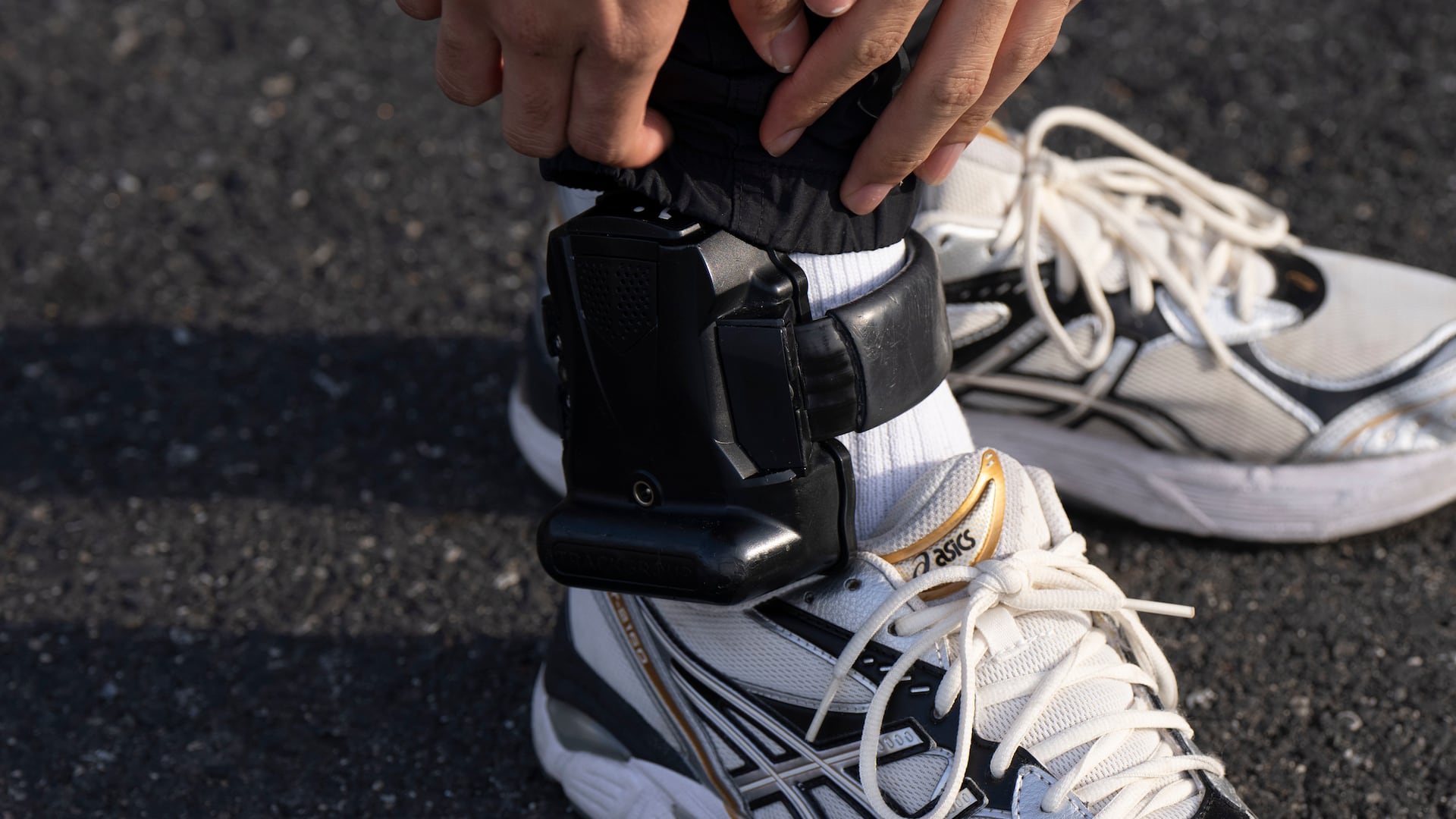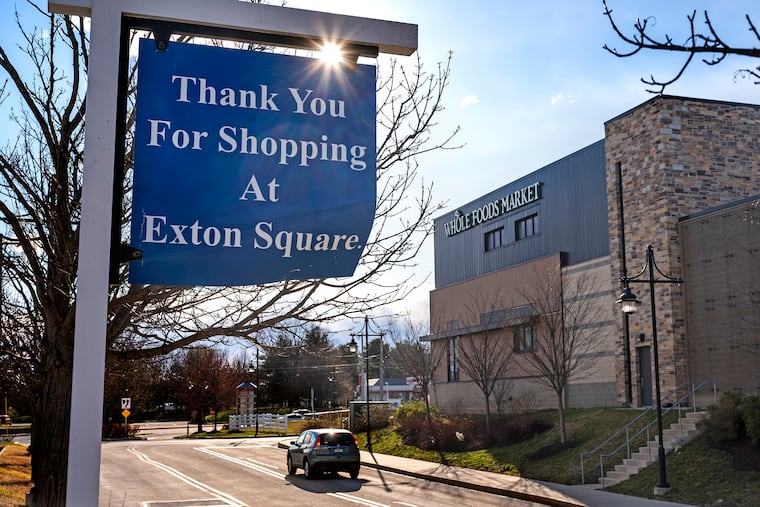Philadelphia sees record GPS tracking of children, enabling police access to data without a warrant.
In recent years, Philadelphia has emerged as a notable case study in its aggressive use of GPS technology to monitor youth involved in the juvenile justice system. The city has adopted a significant policy shift, utilizing GPS-equipped ankle monitors to enforce curfews and house arrest for minors. This initiative aims to serve as a more humane and cost-effective alternative to juvenile detention facilities, which often suffer from issues such as abuse and high recidivism rates.
As it stands, Philadelphia is reportedly surveilling teens at a level unprecedented compared to other U.S. cities. Officials promote this strategy as part of a broader reform in juvenile justice, emphasizing the necessity of monitoring youth while alleviating the burden on traditional juvenile detention systems. However, an investigation by Media News Source raises concerns about the implications of this surveillance strategy. The reporting reveals that the GPS systems have gradually transformed into a comprehensive monitoring structure, with location data shared with law enforcement agencies without the need for warrants, aimed at investigations beyond the scope of juvenile cases.
Experts in civil rights and juvenile justice have pointed out that such practices may violate confidentiality rules inherent to the juvenile court system and infringe upon constitutional protections against unwarranted searches. Over a third of the monitored youths are not adjudicated delinquent and retained their presumption of innocence, yet they find themselves subjected to invasive surveillance measures. These experts argue that even though these minors are assigned GPS devices, they retain their Fourth Amendment rights and do not deserve unwarranted invasions of privacy.
Concerns regarding the program’s expansion have also arisen from public defenders and legal advocates who are increasingly troubled by GPS monitoring practices. Instances of first-time offenders and youth with nonviolent charges being placed under surveillance have raised ethical questions regarding the necessity and fairness of such measures.
Philadelphia’s juvenile probation department asserts that the success of the GPS program hinges on compliance with probation conditions, although they have not disclosed specific data on the success rates of youth under monitoring. Furthermore, a 2020 agreement between state officials allowed for data sharing under certain conditions, but the scope of how this data is actually utilized by various law enforcement entities has broadened and remains opaque.
The drive to reduce juvenile incarceration rates nationally contrasts sharply with Philadelphia’s practices, as the city continues to monitor and incarcerate youth at rates significantly higher than comparable major urban areas. Despite the decreasing incidence of juvenile crime, a disproportionate number of minors in Philadelphia are facing monitoring—triple the rates of cities like Los Angeles, Chicago, and Phoenix. The ramifications of such surveillance practices are ongoing, as legal advocates continue to confront the ethical concerns raised by these developments.
As discussions about youth justice evolve, Philadelphia’s experience may serve as a critical touchpoint for other cities navigating the delicate balance between public safety and individual rights.







